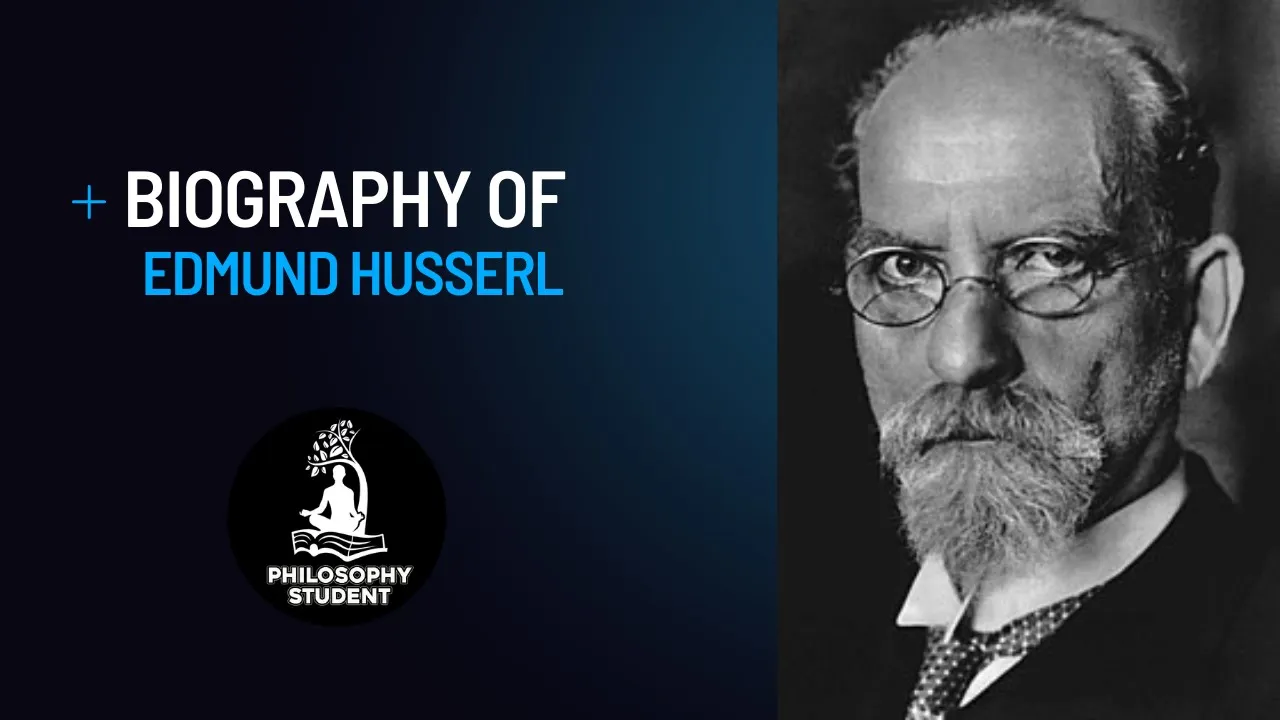Born in Prossnitz, Moravia (today part of the Czech Republic) on April 8, 1859, Edmund Gustav Albrecht Husserl is widely considered the father of modern phenomenology, the philosophical effort to describe experience and the phenomena of experience without the theoretical apparatus of metaphysics. Husserl sought to make philosophy the equivalent of a unique science, of which phenomenology, as the science of consciousness, was the core. This intellectual project required the renunciation of naturalism—that is, the idea that all things are aspects of the world of nature and can therefore be studied by the methods of the existing sciences. Husserl countered that consciousness is different from nature and must therefore be studied by different methodologies. In radical contrast to the scientific study of nature, phenomenology does not rest on large amounts of data that, by induction, are related to some general theory. Instead, phenomenology looks at individual examples of experience without theoretical presupposition and then discerns what is essential to these experiences. This is known as the phenomenological method, in contrast to the scientific method, and it has greatly influenced modern philosophy and psychology.
Husserl was the son of a prosperous Jewish clothing merchant, who used his wealth to send the ten-year-old boy to the Realgymnasium in Vienna for a classical German education. At the end of his first year, in 1870, Husserl transferred to the Staatsgymnasium in Olmütz, and, on graduation in 1876,enrolled in the University of Leipzig. He studied mathematics, physics, and philosophy before transferring to Berlin in 1878 for further studies in mathematics. He went on to earn a doctorate in mathematics from the University of Vienna in 1883. He briefly taught in Berlin but returned to Vienna in 1884 to attend Franz Brentano’s lectures in philosophy. Two years later, in 1886, he enrolled at Halle to study psychology, writing his Habilitationsschrift (the examination that certified him to teach at the university level) on number theory.
Granted the post of Privatdozent (lecturer) at Halle, he married Malvine Charlotte Steinschneider (with whom he would have three children). Before he left Halle in 1901, Husserl wrote Philosophie der Arithmetik (1891) and two volumes of Logical Investigations (Logische Untersuchungen), which came out in 1900 and 1901. He moved to the faculty at Göttingen, where he taught for sixteen years and fully developed his formulations of phenomenology in his Ideen zu einer reinen Phänomenologie und phänomenologischen Philosophie (Ideas Pertaining to a Pure Phenomenology and to a Phenomenological Philosophy).
The Great War (World War I) disrupted the Göttingen faculty, and Husserl’s son Wolfgang was killed at the Battle of Verdun. This sent Husserl into a year of mourning, but in 1916 he accepted a professorship at Freiburg im Breisgau, where he spent the remainder of his professional life, which was devoted to phenomenological research. He died of pleurisy on April 27, 1938.
Husserl devoted his mature years to researching the essential structures of consciousness with the goal of understanding how the world of objects—and our perception of them—can be reconceived apart from the traditional “natural standpoint.” Instead, Husserl proposed looking at objects by studying how we, as beings intentionally directed toward them, “constitute” them in consciousness. Viewed from the phenomenological perspective, objects cease to be “external” and instead become sets of perceptual and functional aspects that imply one another under the idea of a given “type.” Objects are real but not as things in themselves so much as exemplars of an essence created by the relation between the object and the perceiver.
Husserl’s goal was to reach an understanding of the world of appearances and objects by identifying the universal and invariant features of how objects are perceived. In his most mature conception of phenomenology, Husserl became a transcendental idealist, concerned with Intersubjectivity—specifically how communication about a particular object can be assumed to refer to the same ideal entity.
Husserl believed that phenomenology provided scientific inquiry—primarily in the field of psychology—with a new tool that allowed the natural attitude to be “bracketed,” so that relation of object to subject could be more reliably studied. Husserl postulated that mental and spiritual reality was independent of any physical basis. Phenomenology, therefore, made the spirit an object of systematic scientific study. This, he believed, created a “total transformation of the task of knowledge.”



































